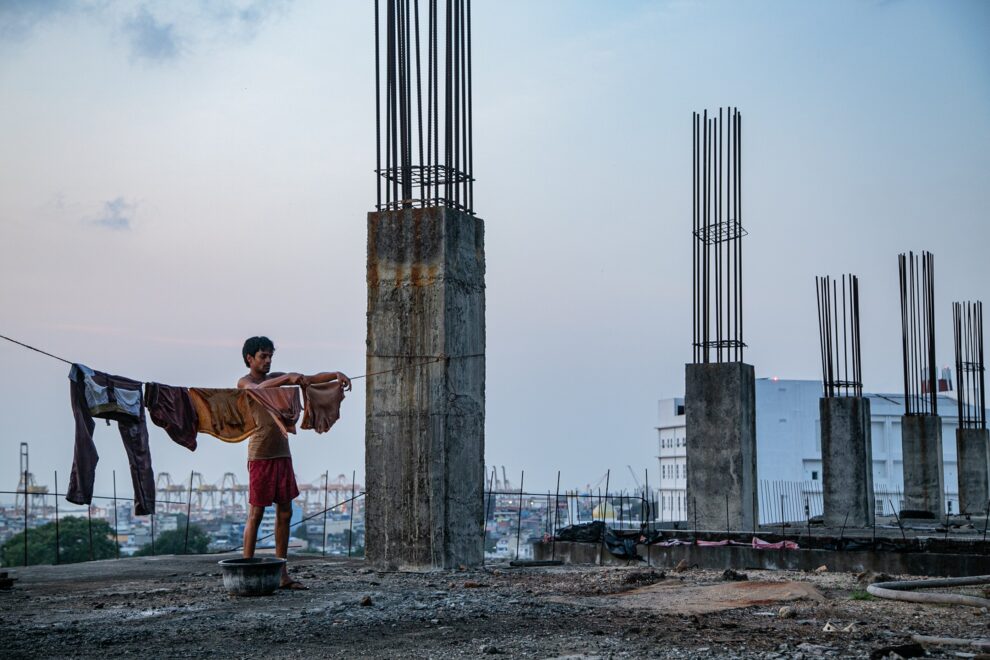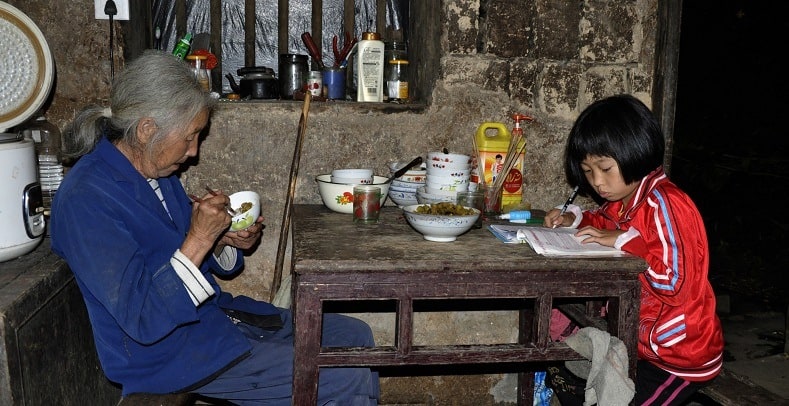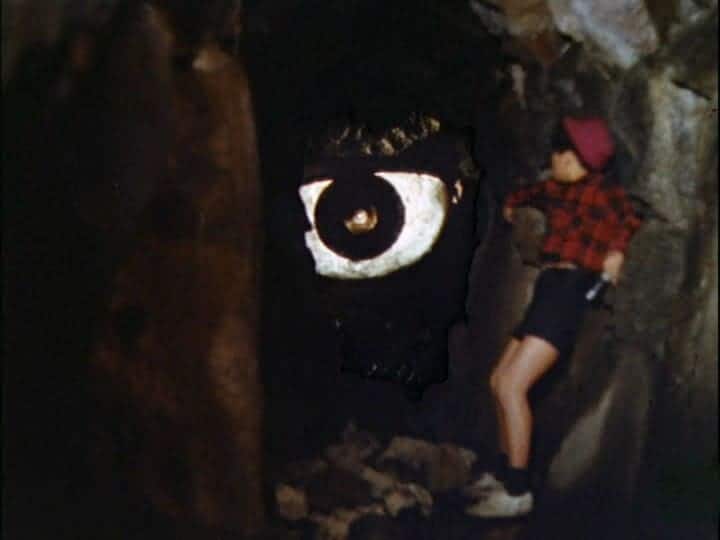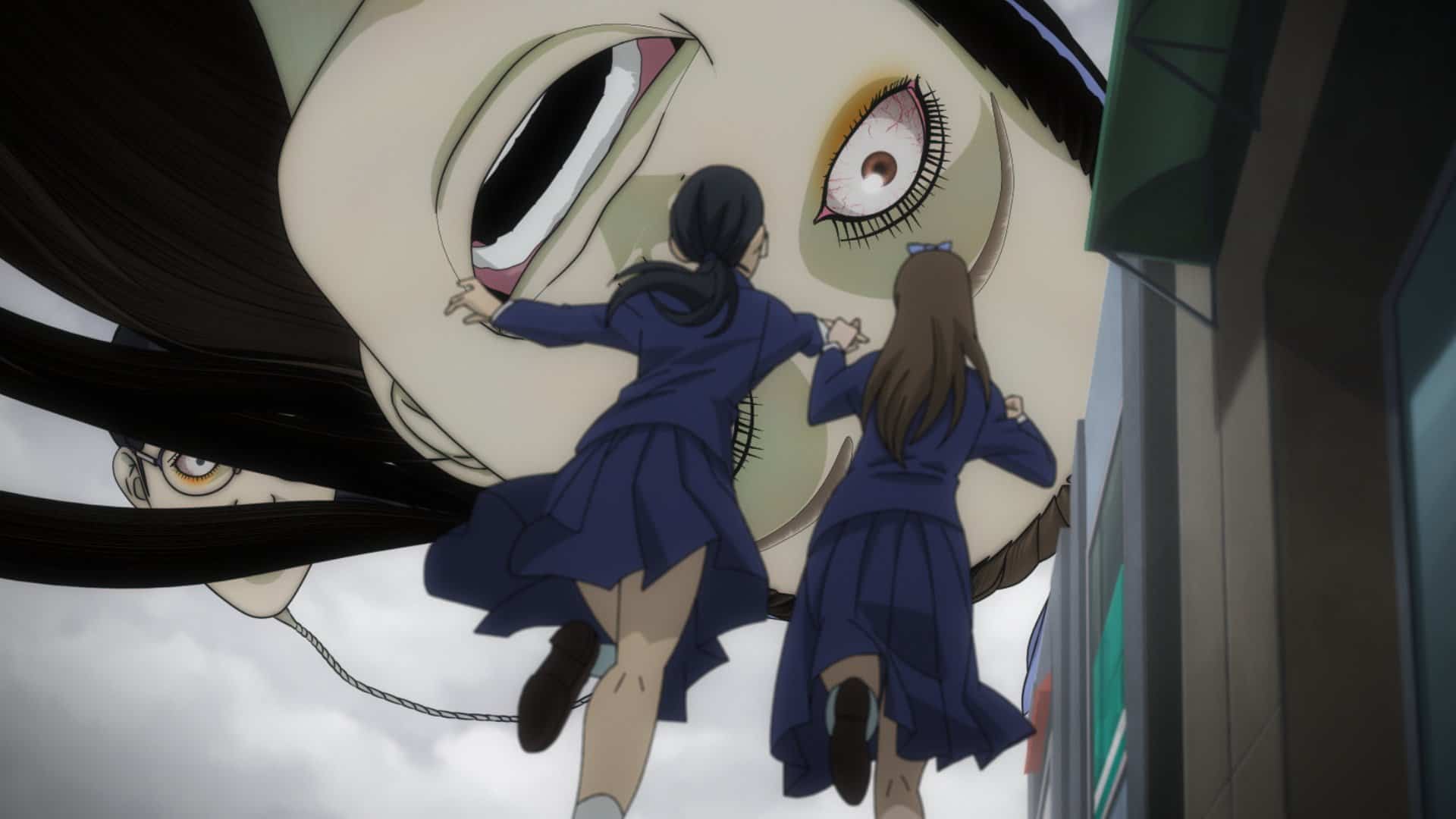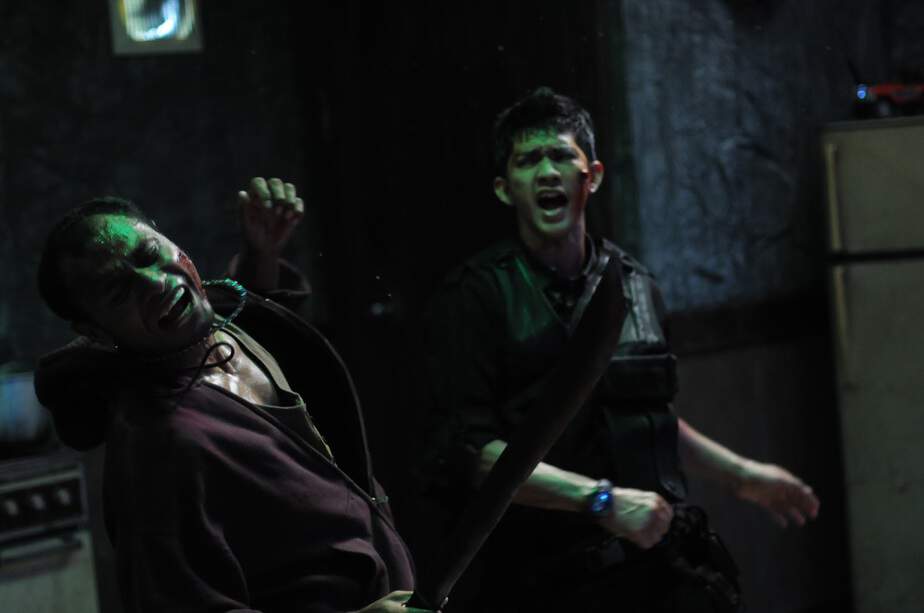As I have mentioned many times this year, it seems that Sri Lanka is taking big steps forward regarding cinema, with all the three movies I managed to watch this year being quite good. As such, I thought it would be also interesting to check what was happening the previous years, starting with “Peacock Lament” by Sanjeewa Pushpakumara, one the most renowned local directors, along with Prasanna Vithanage.
“Peacock Lament” review is part of the Submit Your Film Initiative

Amila is a 19-year-old boy who was born in a small village in Eastern Sri Lanka. After losing his parents, he moves to Colombo in search of a better life for him and his four younger siblings, two brothers – 14-year-old and 1-year-old – and two sisters – the elder, Inoka, is 12 and their little sister 5. Inoka is suffering from a congenital heart defect, a condition called Tetralogy of Fallot. The doctor recommends Amila to make arrangements for an urgent surgery, which needs to be done within two months in India. The young man promises to find the $15,000 needed, but his job in construction, and his siblings begging on the street without him knowing, are obviously not enough. As the situation becomes more and more dire, he happens to meet Malini, a 55-year-old woman who decides to help him out by having him work in her child trafficking business. Amila starts making significant money helping with the illegal transport of the women, but soon finds himself fighting with his consciousness. As time passes, both his situation and his dilemma become more and more intense.
Sanjeewa Pushpakumara directs a distinct drama that shows a rarely depicted aspect of life in Sri Lanka, with the rich Europeans coming to buy the babies from the poor Asians presenting a rather eloquent comment on how the world works essentially. At the same time, the corrupt doctors and officials make the whole image even darker, which concludes with the story of the family, whose fate highlights that no kind of social care is provided by the poor Asian states, with all the aforementioned (corruption, poorness, exploitation by the West) being parts of the same cycle. Furthermore, the director seems to question if, under these circumstances in particular, having a family is actually a burden, and how much one is willing to sacrifice (and harm others essentially) in order to save his loved ones, in another quite interesting comment here.
Check also this interview
Pushpakumara's approach could have been melodramatic, but the realism with which he presents the events that take place, and the detachment both the camera and the actors show from what is happening, actually help the movie remain realistic, despite its basic premises. As such, the film occasionally functions as a kind of documentary about the particular type of life, which is, though, where its most significant fault also lies, since the directorial and acting approach makes it difficult to empathize with the protagonists. It is as if Pushpakumara wanted his audience to just observe and not “meddle” in any way, in a choice, though, which seems not exactly ideal.
The fact that he tries to show that there are no villains in this life, with the Europeans presented as ignorant and Malini revealed as another “product” of the system, with her own tragic to explain her actions, also moves in the same path. At the same time, the moment when the two protagonists open up to each other is one of the most impactful scenes of the movie, with Akalanka Prabashwara as Amila and Sabeetha Perera as Malani highlighting both their acting and their chemistry in the best fashion.
Sisikirana Paranavithana's camera is the main medium of the documentary-like detachment mentioned before, while his framing emerges as excellent on occasion, with the scenes in the abandoned building being particularly impressive. The sudden cuts implemented frequently by editor Giuseppe Leonetti also move in the same direction, additionally inducing a relatively slow-paced movie with a very appealing sense of movement.
“Peacock Lament” is an excellent film contextually, but its cinematic approach is somewhat wanting, particularly when one compares it with the 2023 Sri Lankan titles. Definitely deserves a watch, though, for its presentation of the particular types of life and its many and layered comments.


